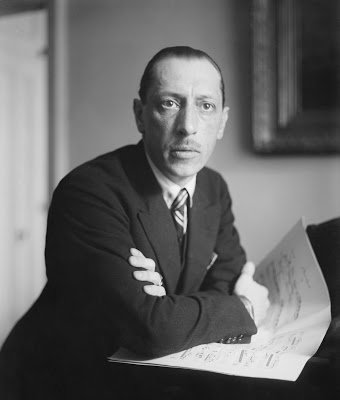
Two intimate works vied for contention with one of extrovert character Friday night as the third week of Palm Beach Chamber Music Festival concerts opened, but precious few of either kind of moment were satisfying for long stretches of time.
The best performance of the concert at Palm Beach Atlantic University’s Persson Hall came right at the beginning, with Carlos Salzedo’s evocative arrangement for flute, cello and harp of the Sonatine by Maurice Ravel, which in its original incarnation for piano is a staple of the literature, particularly for young students of the instrument.
Salzedo’s transcription fills out a moody sound space only hinted at in the piano, especially in the finale, a busy toccata whose terse motifs can get lost in the glitter of the texture, but not here. Harpist Kay Kemper, flutist Karen Dixon and cellist Susan Moyer Bergeron worked well as a unit, carefully and expertly following along with one another.
But the first movement was pokey where it should have shimmered, with a sluggish beginning and a ritard in the first strain that was much too deliberate, draining all the forward motion out of the music. In the second, the similarity of tempo to the first was a drawback, leaving the music sounding too similar to the first, despite lovely individual moments, particularly from cellist Moyer Bergeron.
The finale was notable for the different character the arrangement lent to the music, though here again it needed a more evanescent, glimmering sound than the feet-on-the-ground treatment heard here. Nonetheless, each musician played at a high level throughout, and showed why Salzedo had a good idea when he decided to recast the Ravel.
This was followed by the Octet for winds and brass of Igor Stravinsky, a big work from his early neoclassical period (1922-23) that doesn’t get too many airings these days. It’s very much in the style of his score for L’histoire du Soldat, with hints and reminiscences of music for popular entertainments of the day such as the circus.
At its best, the performance had the kind of power and impudence Stravinsky was looking for, especially in the large scalar outbursts of one of the second-movement variations; at that point, the impact of this compositional style became clear: It sounded, fresh, new and disconcerting, just as it was supposed to. Yet while some of the textures were well-handled and there were some good solo moments (a memorable contribution from second trumpet Brian Stanley toward the end), there was a general lack of cohesion in the performance that confused its intent.
Stravinsky was an exceedingly meticulous man and composer, and everything in his music is precisely though out — it’s not for nothing that was he was compared to a watchmaker — which is why absolute accuracy of ensemble is critical, or this seemingly brash but actually very fragile music doesn’t work quite right. This reading of the octet was simply too sloppy to be effective, and the audience gave it a very cool reception. One hopes that things get better in the two remaining performances.
The second half of the concert was devoted to the Clarinet Quintet (in B minor, Op. 115) of Johannes Brahms, a piece clarinetist Michael Forte described as “an old friend” for him and his fellow clarinetists. Forte appeared to have trouble with a sticky key on his instrument, but in general he played with the full-toned warmth requisite for this music, though at times he was somewhat too retiring.
The strings — violinists Dina Kostic, Mei-Mei Luo, violist Rene Reder and cellist Moyer Bergeron — played with radiance and depth, but just as in the Octet, there was an odd lack of cohesion in this reading of the quintet. Things sounded quite pretty, but they didn’t hang together. In the first movement, the second appearance of the beautiful main theme was notably better than the first, and the second movement opened tentatively but got more definitive.
The third movement came off best, with a truly different kind of approach that stressed its geniality; the contrasting Presto was quite effective at first, with sharp playing in the violins, but it lost some of that crispness as the music continued. Most of the fourth movement was effective, with some nice viola work by Reder and a suitably poetic ending by all five musicians.
This program, the third concert of the Palm Beach Chamber Music Festival’s four concert-series, will be repeated tonight at the Eissey Campus Theatre at Palm Beach Community College in Palm Beach Gardens, and again Sunday afternoon at the Crest Theatre in Delray Beach’s Old School Square. Tonight’s concert begins at 8 p.m., and Sunday’s starts at 2 p.m. Tickets: $21. Call 800-330-6874 or visit www.pbcmf.org.